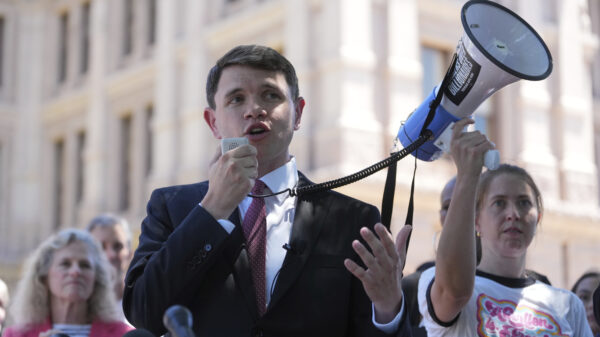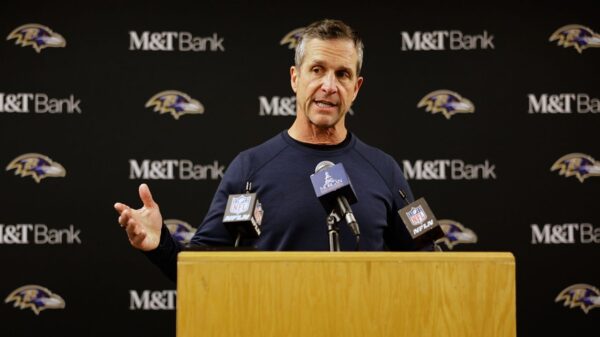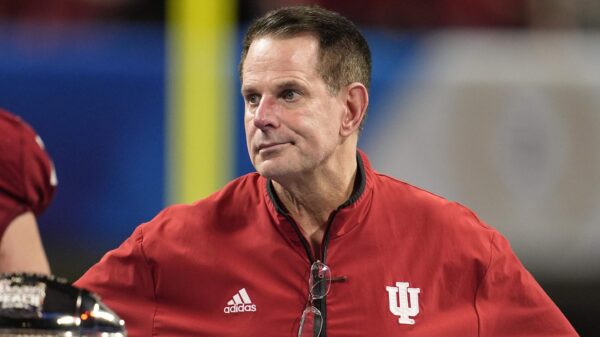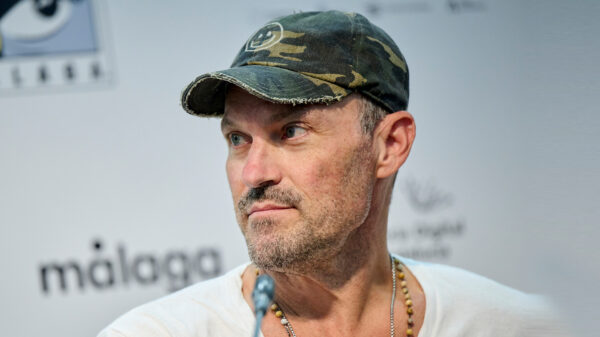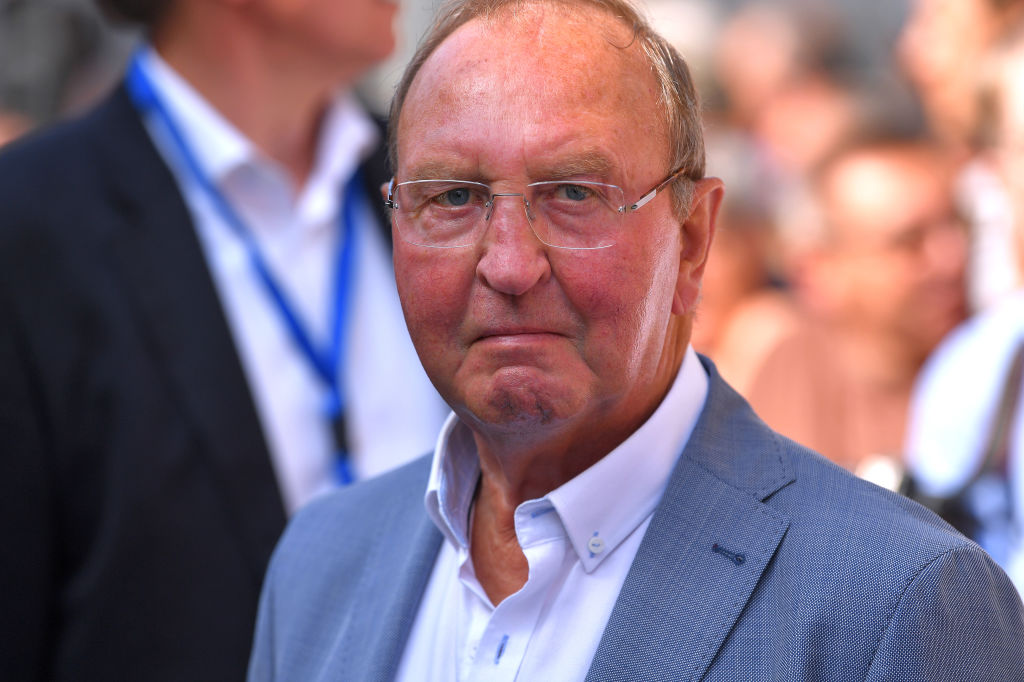Walter Godefroot, a prominent figure in the world of cycling, has passed away at the age of 82 after a prolonged battle with Parkinson’s disease. Godefroot, originally from Gent, Belgium, was celebrated for his remarkable achievements as both a professional racer and team manager. His death occurred on September 1, 2025, marking the end of an era for many in the cycling community.
Godefroot’s illustrious career spanned from 1965 to 1979, during which he secured an impressive ten stage wins in the Tour de France. He also clinched the points classification in 1970 and triumphed in prestigious races including the Tour of Flanders (twice), Paris-Roubaix, and Liège-Bastogne-Liège. His early accomplishments positioned him as a formidable competitor, often rivaling the legendary Eddy Merckx.
Godefroot’s career began with a notable achievement in 1964, when he earned an Olympic bronze medal in the road race before transitioning to professional cycling the following year. He quickly made his mark by winning the Belgian National Championships in 1965, followed by significant victories in 1967 at Liège and 1969 at Roubaix. Known as a Classics specialist and a Grand Tour stage hunter, he accumulated a total of 155 victories while racing for teams such as Flandria, Salvarani, and Peugeot.
Transition to Management and Lasting Legacy
After retiring from competitive cycling in 1977, Godefroot opened a bicycle shop with his wife, but he returned to the sport in 1991 as the manager of the Telekom team after managing smaller teams. Under his leadership, Telekom evolved into one of the most successful teams in cycling history, highlighted by two Tour de France victories achieved by Bjarne Riis and Jan Ullrich. His management tenure lasted until 2005, after which he served as an advisor for the Astana team in 2006 and 2007 before stepping away from professional racing entirely.
Godefroot’s contributions to cycling, both as a rider and manager, have left a lasting impact on the sport. His nickname, “the bulldog of Flanders,” reflects his tenacity and competitive spirit. The cycling community mourns his passing, recognizing the profound influence he had on the sport and the generations of cyclists who followed in his footsteps.












